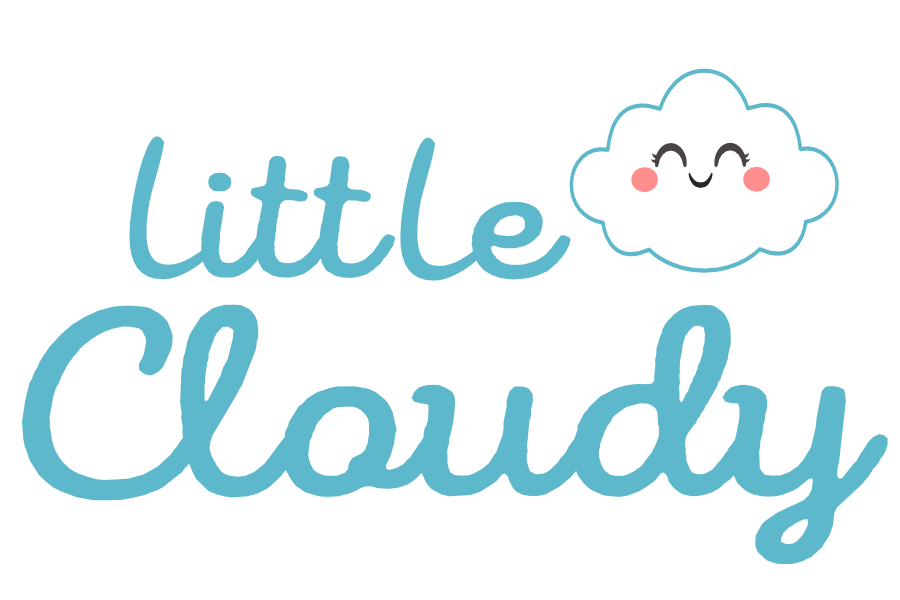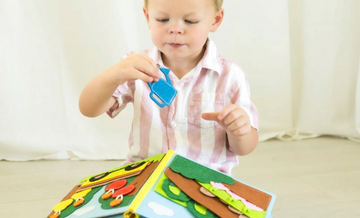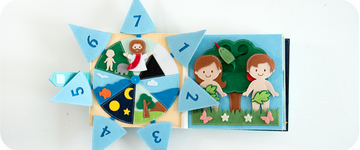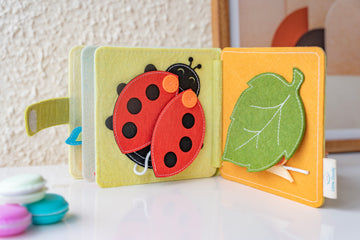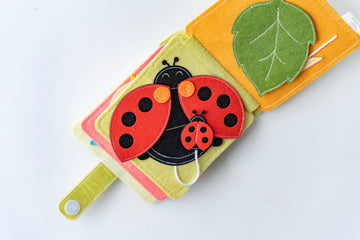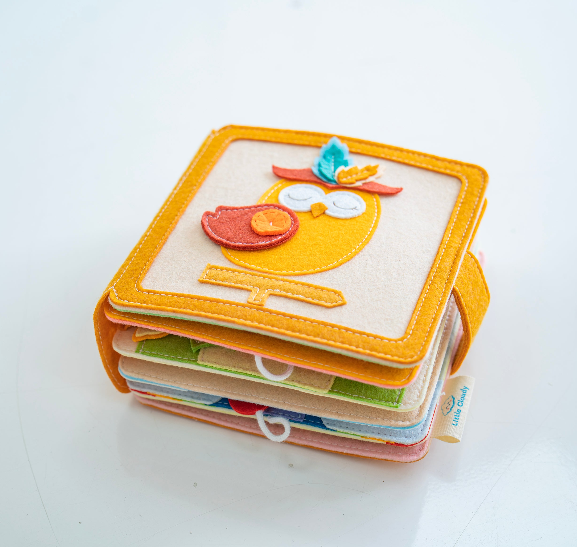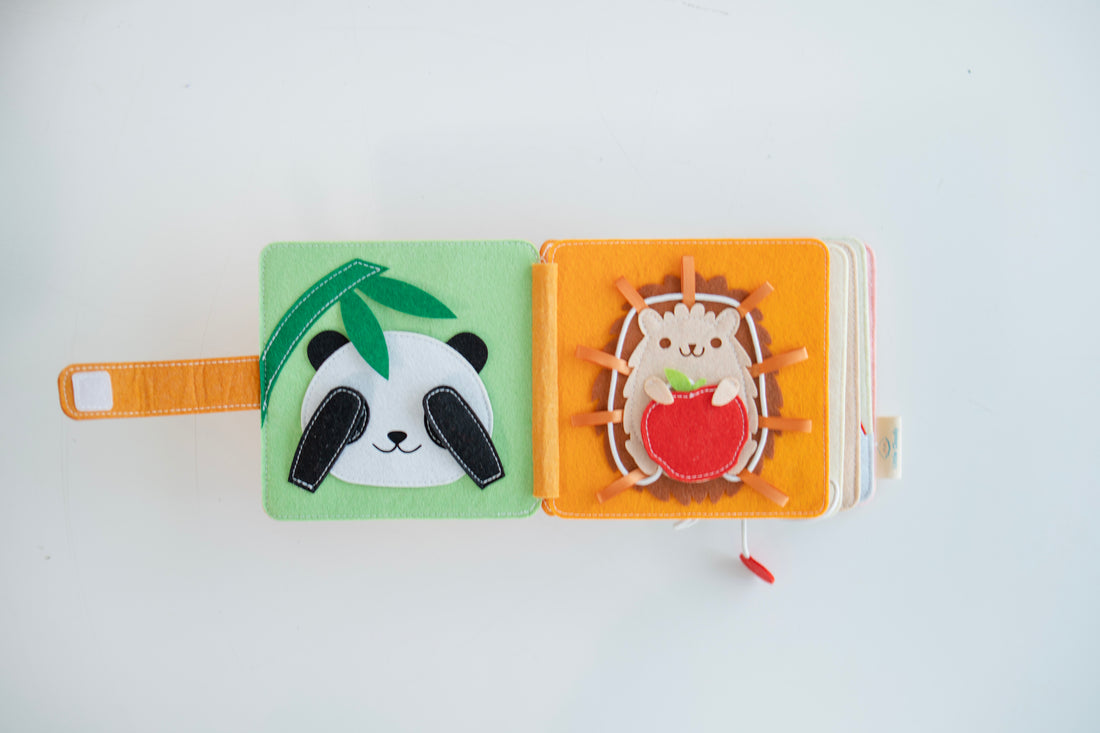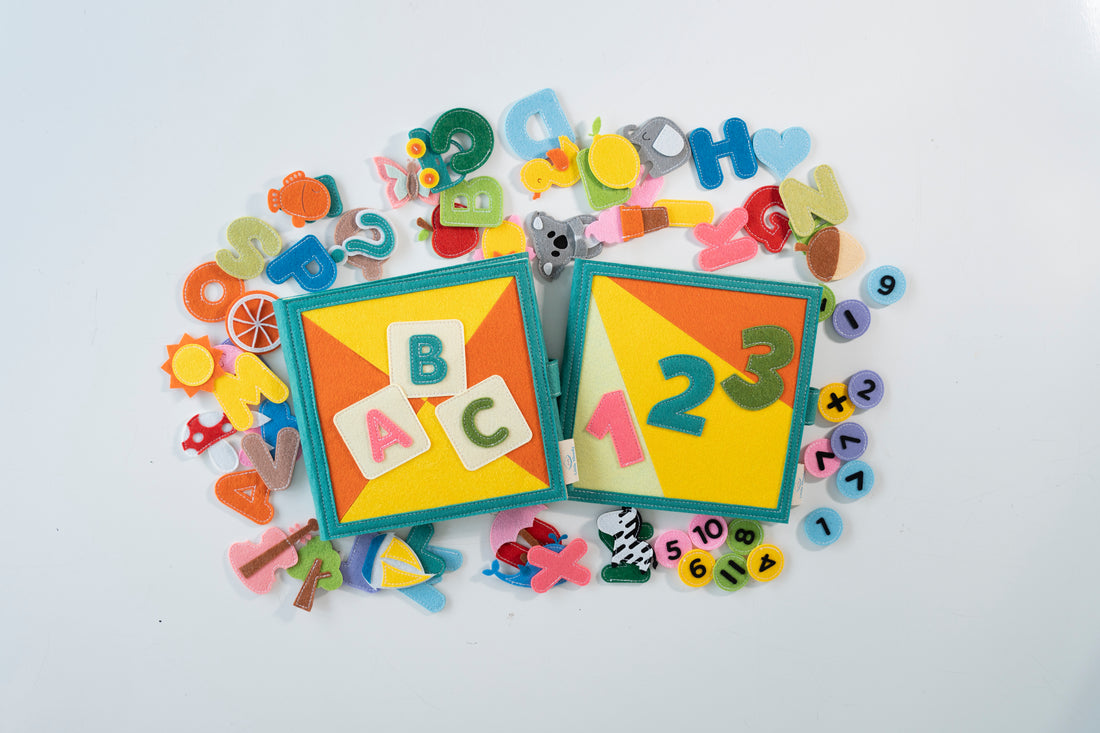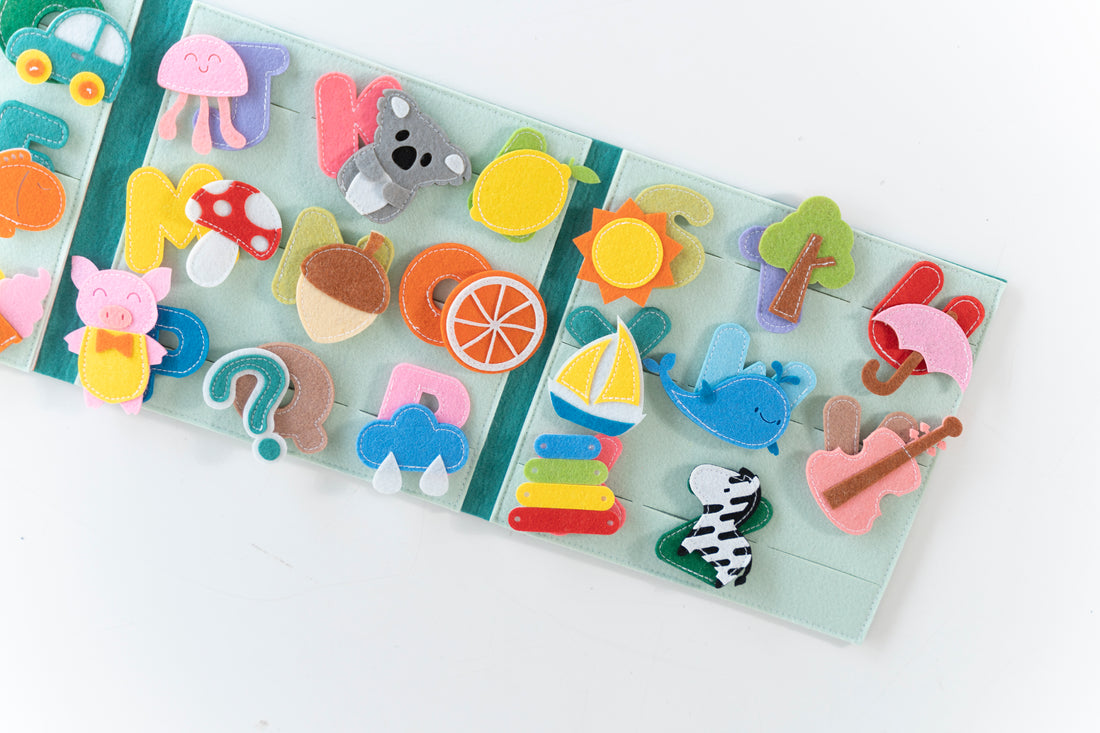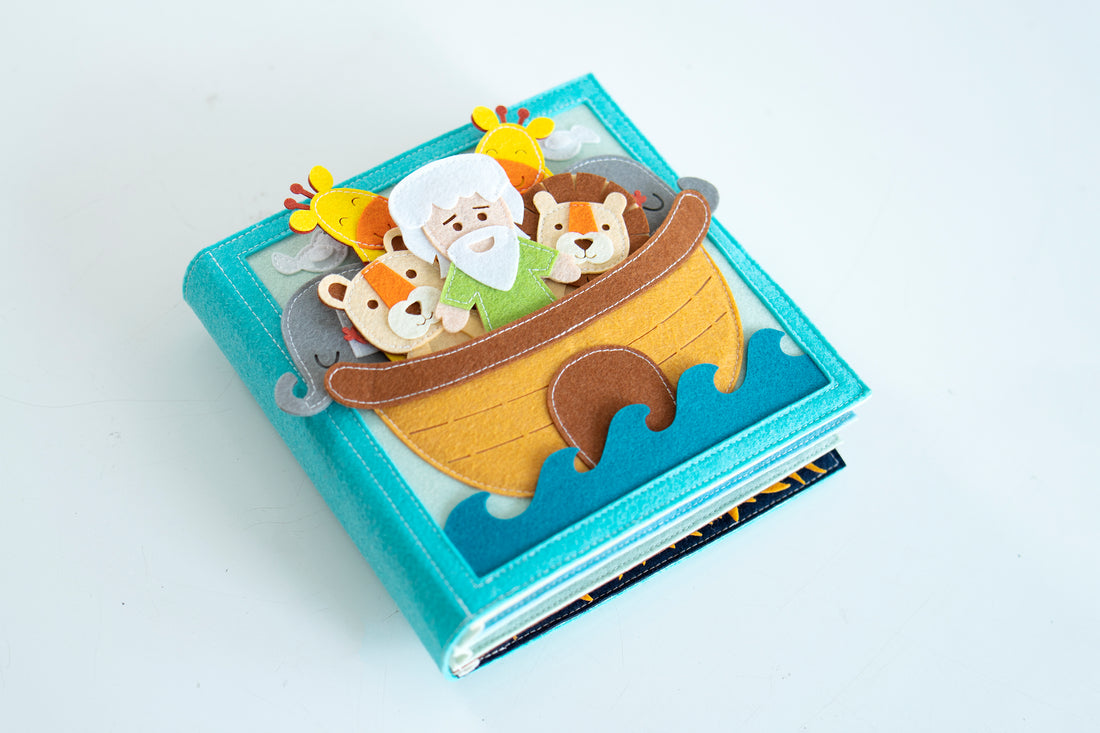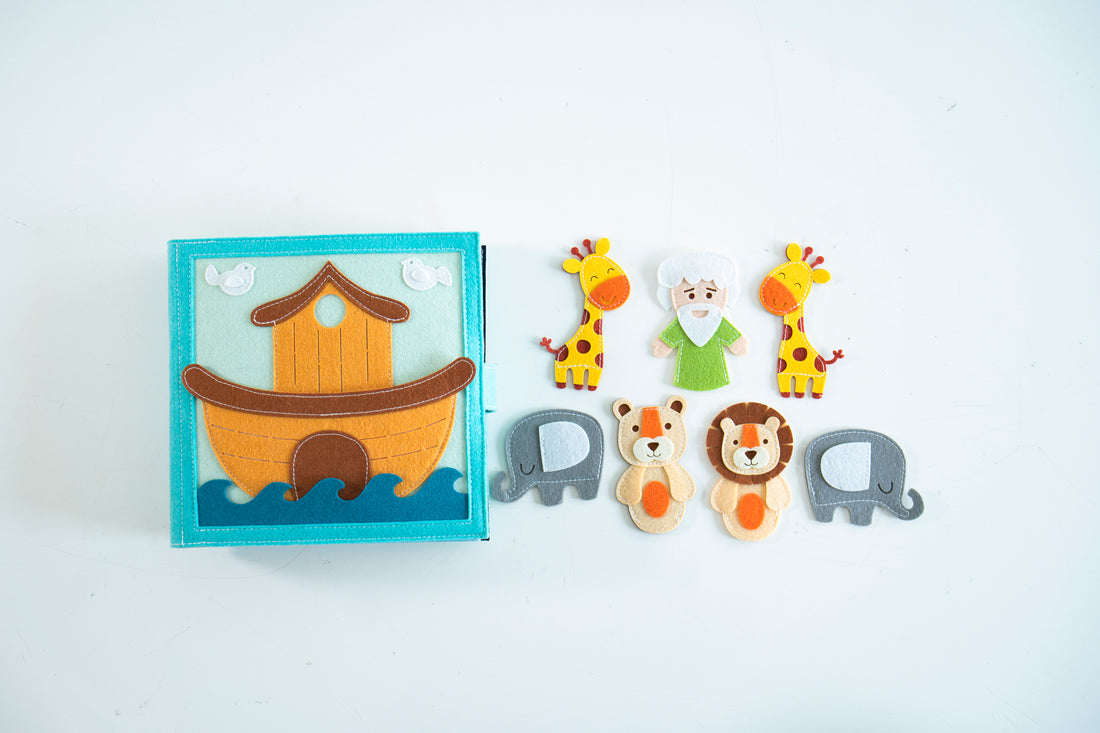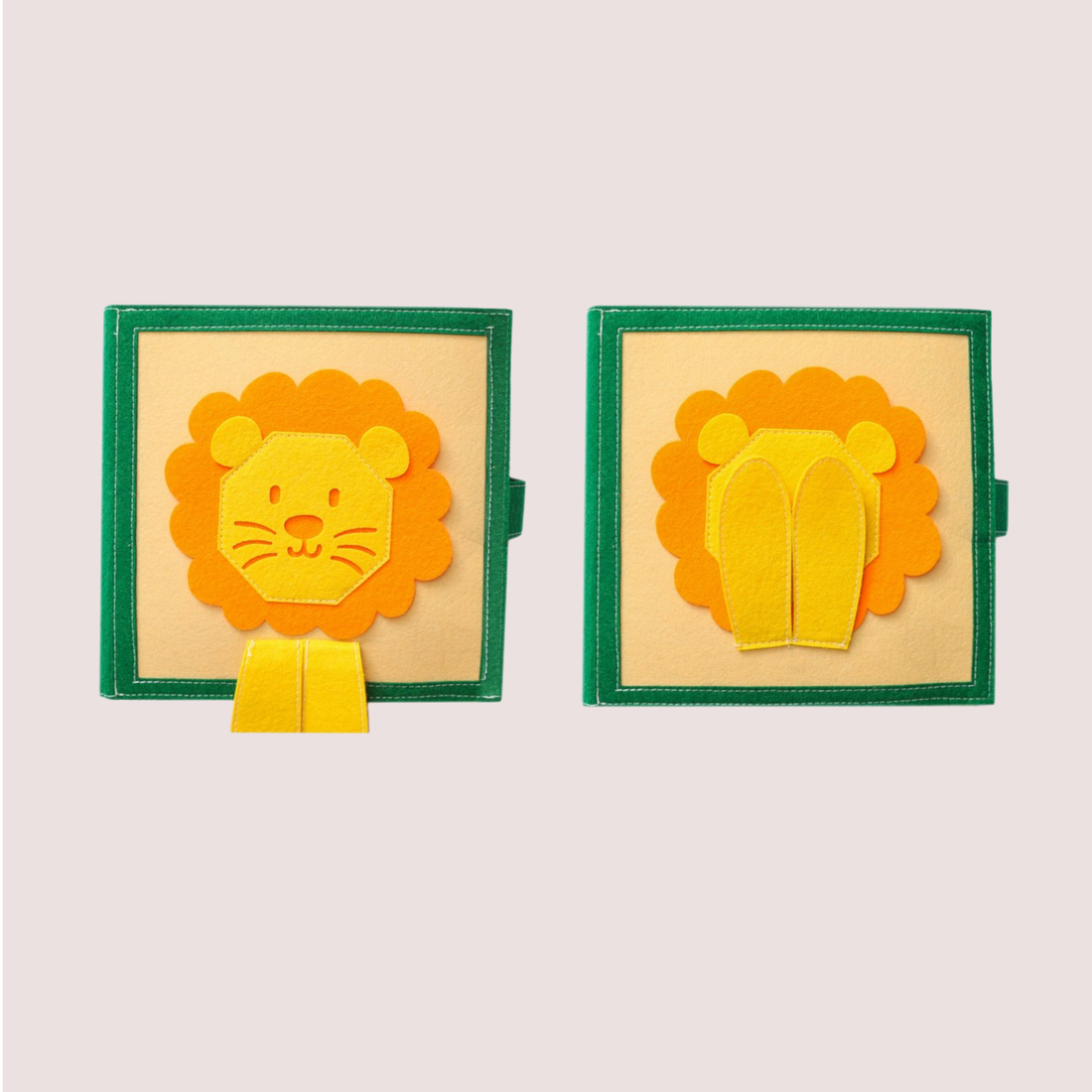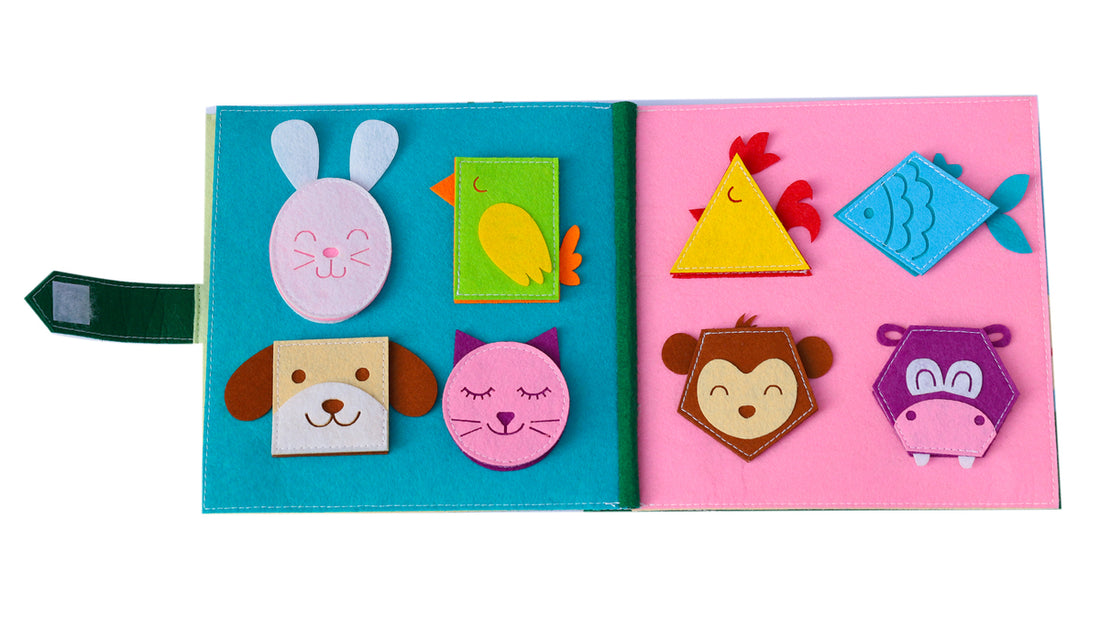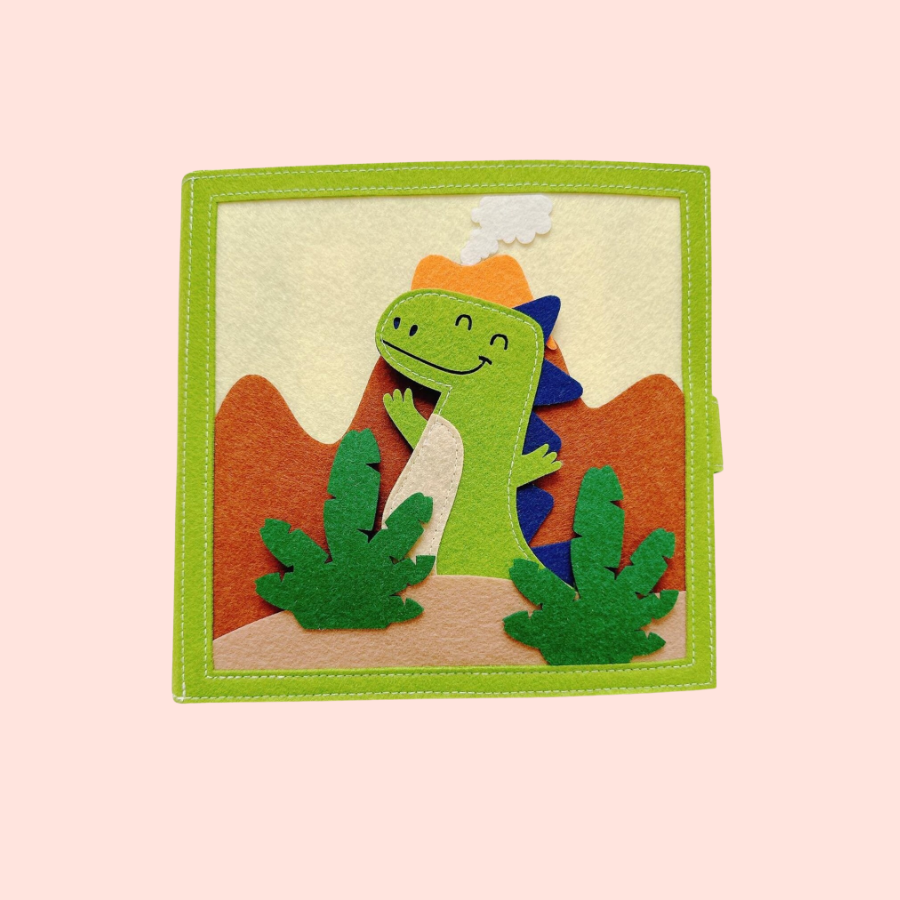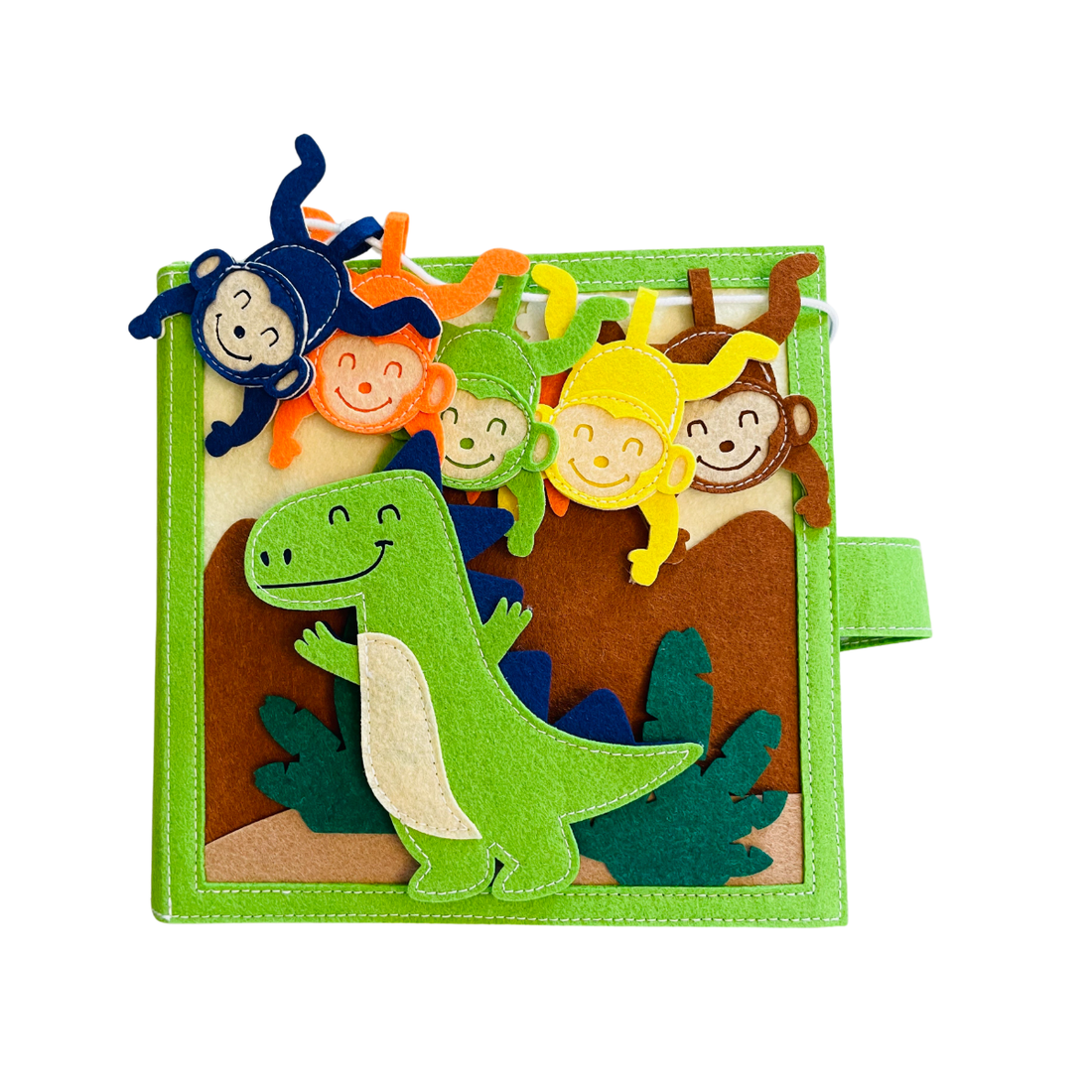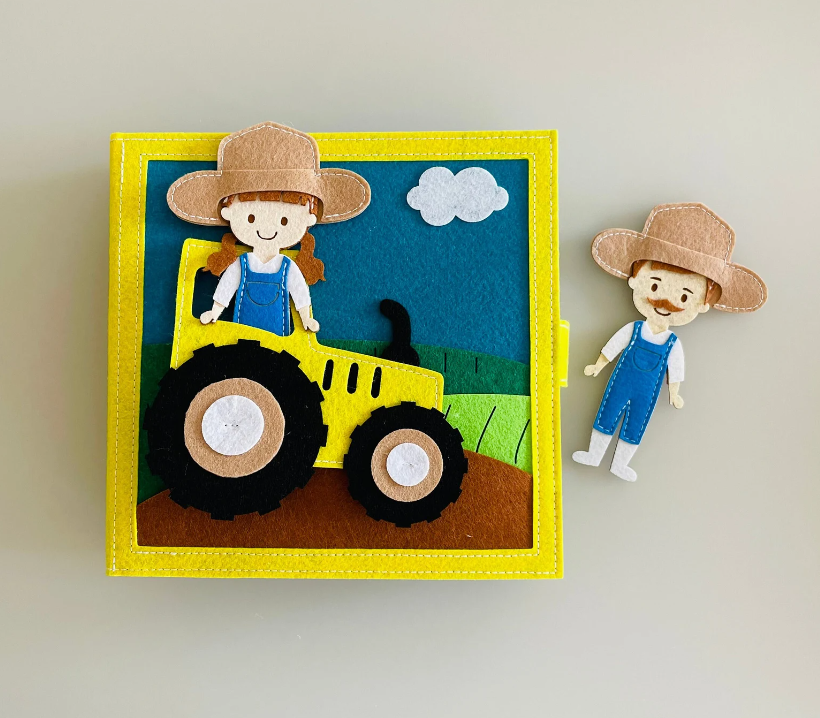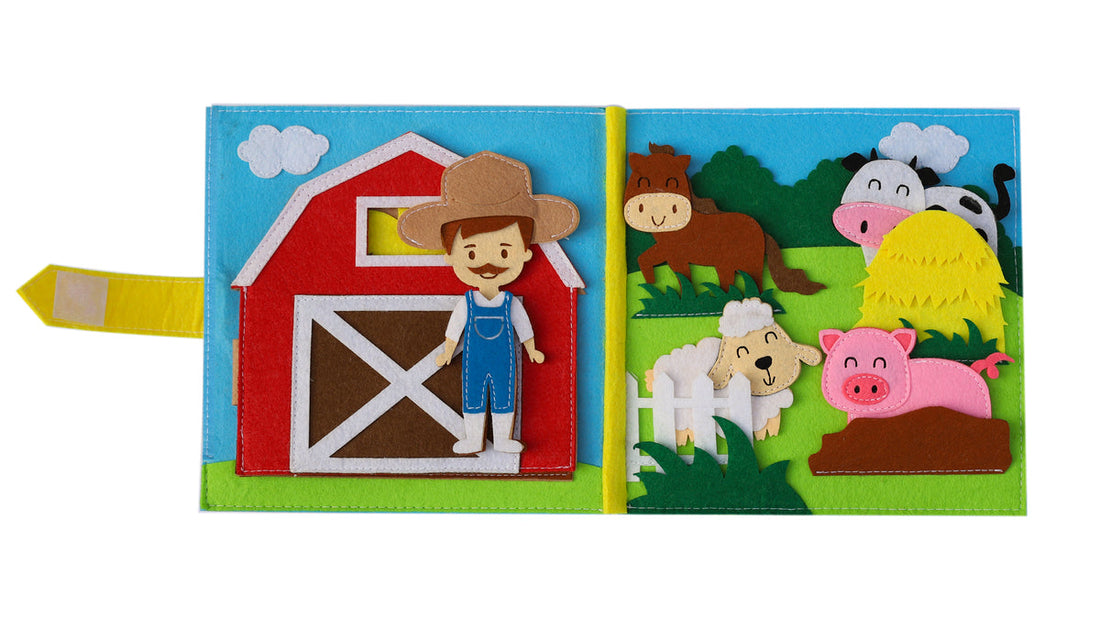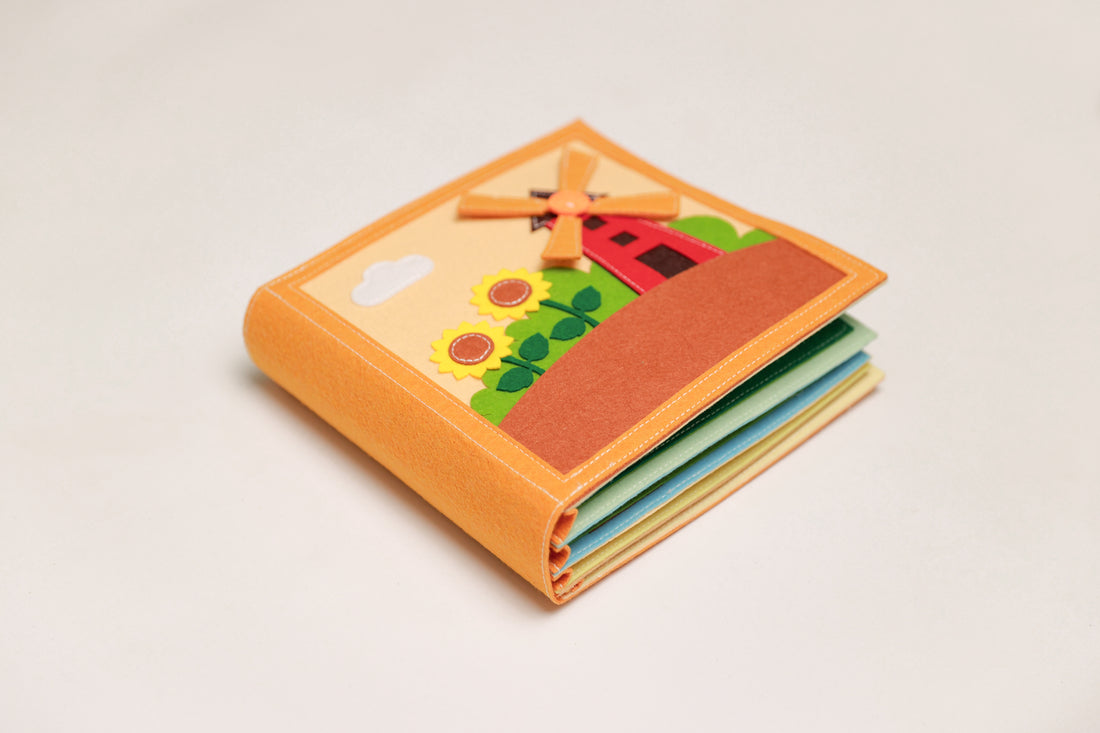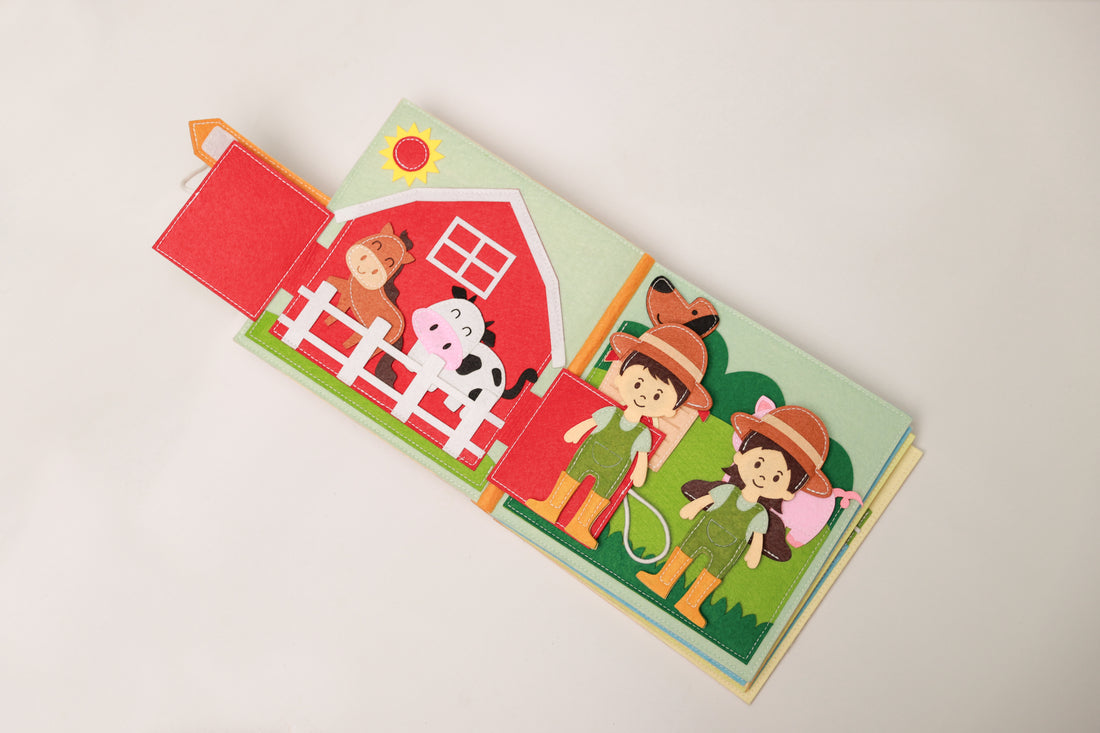I'm a child development specialist, and I've spent years studying the impact of quiet books on toddlers.
I've found that these simple, tactile books can significantly boost cognitive development.
In this article, we'll explore the science behind these books, how they play into a toddler's cognitive stages, and practical ways you can use them.
Let's discover together how quiet books can shape your little one's mind for the better.
- Sensory stimulation plays a crucial role in a child's brain development.
- Quiet books engage sensory stimulation, which is key to cognitive development.
- Quiet books encourage problem-solving, critical thinking, and fine motor skills.
- Quiet books improve problem-solving skills and attention span.
The Science Behind Quiet Books
I've always been fascinated by the science behind quiet books and how they can stimulate cognitive development in toddlers. Sensory stimulation, one of the key elements in these books, plays a crucial role in a child's brain development.
By incorporating different materials like felt and buttons, these books are designed to engage different senses, which fosters cognitive growth. Material selection isn't arbitrary; it's carefully chosen to enhance the child's interaction with the book. Different textures can stimulate tactile senses, while bright colors excite the visual senses.
It's mesmerizing to see how a simple quiet book, through careful material selection and sensory stimulation, can be a powerful tool in shaping a toddler's cognitive development. It's a testament to how science and creativity can work together to aid early childhood learning.
Cognitive Development Stages in Toddlers
When we're talking about little ones, it's crucial to understand the different phases of their mental growth. Neurological changes and sensory processing play a significant role in shaping the cognitive development of toddlers.1. Neurological Changes: The brain experiences rapid growth during the toddler years. The neural connections multiply, enhancing their ability to learn and remember.
2. Sensory Processing: Toddlers start to interpret sensory data more accurately. They learn to associate sounds, tastes, and textures, sharpening their cognitive skills.
3. Language Acquisition:This stage heralds the beginning of language comprehension. They start to understand and respond to words and sentences.
Understanding these stages help us create learning tools, like quiet books, designed to stimulate cognitive development in the most effective way.
The Role of Quiet Books in Enhancing Cognitive Skills
In my experience, these tactile learning tools play a crucial role in enhancing a young child's mental growth. Quiet books, for instance, are an excellent resource for interactive learning. They're designed to engage a toddler's sensory stimulation, which is key to cognitive development.Research suggests that these books encourage problem-solving, critical thinking, and fine motor skills. They're filled with various textures, colors, and interactive elements that captivate a child's attention, making learning fun and exciting.
As a parent, I've seen firsthand how my child's eyes light up when they open a quiet book. It's not just about keeping them entertained - it's about nurturing their curious minds. It's fascinating to watch them explore, learn, and grow with these educational tools.
Practical Ways to Utilize Quiet Books for Toddlers
It's essential to understand how to effectively use these interactive tools for my little one's education and growth. As a parent, I'm always on the lookout for ways to stimulate my toddler's cognitive development. One practical way I've discovered is through quiet books, specifically through book customization and sensory exploration.1. Book customization: I've found that personalizing the book to match my child's interests makes the learning experience more engaging. It's about making the characters, story, and learning materials relatable.
2. Sensory exploration: Quiet books provide numerous opportunities for tactile stimulation. They're filled with different textures, shapes, and movable parts that promote sensory exploration.
3. Interactive learning:The hands-on nature of quiet books encourages active participation, sparking curiosity and fostering critical thinking in my child.
These strategies have proven instrumental in creating a stimulating learning environment for my toddler.
The Impact of Quiet Books on Long-Term Cognitive Development
I've noticed a significant improvement in my little one's problem-solving skills and attention span since we began using these interactive tools. The 'Quiet Books' influence has been truly remarkable.It's not just an observation, either. Research supports the idea that these books are cognitive growth triggers. They spark curiosity and foster a love for learning, playing a crucial role in shaping a child's cognitive development.
The tactile, visual, and auditory stimulation from these books encourages brain development and enhances sensorimotor skills. From distinguishing shapes and colors to understanding sequence and order, these books offer a plethora of learning opportunities.
They've been a game-changer in our journey, providing a fun and effective way to boost my child's cognitive growth.
What Are Some Other Types of Educational Toys That Can Stimulate Cognitive Development in Toddlers?
Interactive puzzles greatly impact a toddler's cognitive development. They're not only fun, but they also enhance problem-solving skills. Additionally, sensory play has significant benefits, aiding in the development of a child's motor skills and creativity.
How Can Parents Ensure That They Are Choosing the Most Appropriate Quiet Book for Their Toddler's Age and Development Stage?
I'd suggest parents consider their child's interests, age and developmental stage during quiet book selection. It's also crucial to include books with cultural representation to broaden their understanding and acceptance of diversity.Are There Any Potential Negative Effects of Using Quiet Books Too Frequently With Toddlers?
I don't believe there are serious negatives, but over reliance on quiet books could limit exposure to other beneficial activities. It's important to balance quiet book time with other cognitive development methods.
How Can Quiet Books Be Incorporated Into a Daily Routine to Promote Consistent Cognitive Development?
I'd suggest incorporating quiet book designs into daily playtime. It's about consistent engagement, not duration. Use different incorporation techniques like story-telling or role-playing to make the experience more interactive and beneficial for cognitive development.
Can Quiet Books Be Used Effectively for Children With Learning Disabilities or Special Needs?
Absolutely, I believe quiet books can be effectively used for children with special needs. Their customization allows for sensory integration benefits, making them an adaptable tool for various learning styles and abilities.
In conclusion, quiet books play a pivotal role in stimulating cognitive development in toddlers. They not only enrich their imagination but also enhance their problem-solving skills.
As a parent, strategically utilizing quiet books can provide a solid foundation for your child's long-term cognitive growth.
So, let's embrace the power of these simple tools to shape our toddlers' minds and help them reach their full potential.
